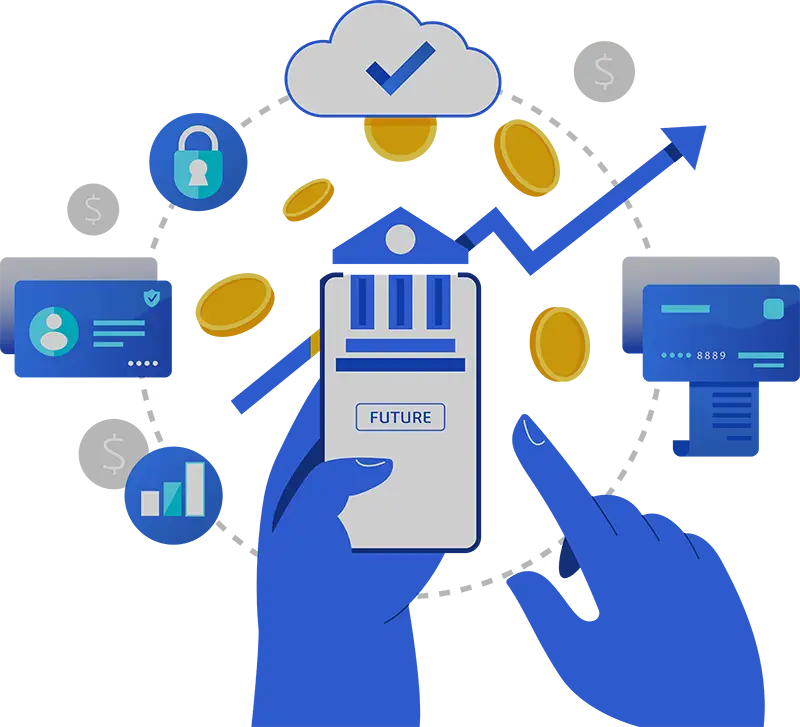Glossary of Terms
What is a
Payout?
A payout, also called a disbursement, occurs when a business transfers funds to another party. Unlike accepting payments (money in), payouts involve moving money out—to vendors, contractors, employees, customers, policyholders, or gig workers. Payouts can be one-time, recurring, or in bulk (“mass payouts”) and are made through various methods, including ACH, virtual cards, physical cards, push-to-debit, or checks. Modern payout platforms automate this process, making it faster, more secure, and easier to handle at scale.
Payment Methods & Rails
ACH (Automated Clearing House)
A U.S. network that moves money electronically between bank accounts. Same-day ACH speeds settlement but is not real-time.
Prepaid Card
A physical or digital card preloaded with funds. Useful for one-time disbursements or when recipients prefer not to share bank details.
Push-to-Card (Visa Direct, Mastercard Send)
A real-time payout method that deposits funds directly to a recipient’s bank account via a debit card, typically in minutes.
RapidPay (Fintainium)
Fintainium’s branded push-to-card rail, using Visa’s OCT technology to deliver real-time funds to debit cards.
Virtual Card
A secure, digital-only card, often for single or limited use, issued for a specific amount.

Onboarding & Recipient Management
KYC (Know Your Customer) / KYB (Know Your Business)
Validation processes to verify the identity of individuals or businesses before transferring funds. Supports fraud prevention and compliance.
Onboarding
The process of setting up new payout recipients; includes identity verification, tax document collection, and linking funding accounts.
Text-to-Pay (for Payouts)
A method of delivering payout notifications by SMS or email with a secure link that recipients can click to receive funds instantly—no apps or logins required.

Compliance & Security
AML (Anti-Money Laundering)
Regulations designed to prevent criminals from disguising illegally obtained funds as legitimate income.
Audit-Ready
The ability to easily produce payout records and compliance documentation for regulators, auditors, or finance teams.
BSA (Bank Secrecy Act)
U.S. law requiring financial institutions to assist in detecting and preventing money laundering.
Compliance
Adhering to the rules and standards that govern financial transactions, including PCI, SOC, AML, and escheatment laws.
Escheatment
The process of turning over unclaimed or abandoned funds to the state, as required by law.
Good Funds Model
A safeguard ensuring payouts are funded only with pre-verified, available money, reducing bounced or declined transactions.
PCI DSS (Payment Card Industry Data Security Standard)
A global security standard for securely handling credit and debit card data. Required for platforms that issue or process card-based payouts.
SOC 2 (System and Organization Controls 2)
A recognized auditing standard that demonstrates a platform meets strict data security, availability, and confidentiality requirements.

Business & Operations
API (Application Programming Interface)
A software bridge that connects systems. APIs allow payouts to be embedded directly into business or SaaS platforms.
Embedded Payouts
Integrating payout functionality into a platform so users can send funds without leaving the software they already use.
Mass Payouts (Disbursements)
The ability to send money to many recipients at once through a single process—ideal for gig workers, suppliers, or refunds.
Merchant of Record (MoR)
The business that is legally responsible for processing customer payments, managing taxes, and handling refunds or chargebacks. Many SaaS platforms operate as MoRs.
Reconciliation
The process of matching outgoing payouts with accounting and bank records. Automation reduces errors and saves time.

